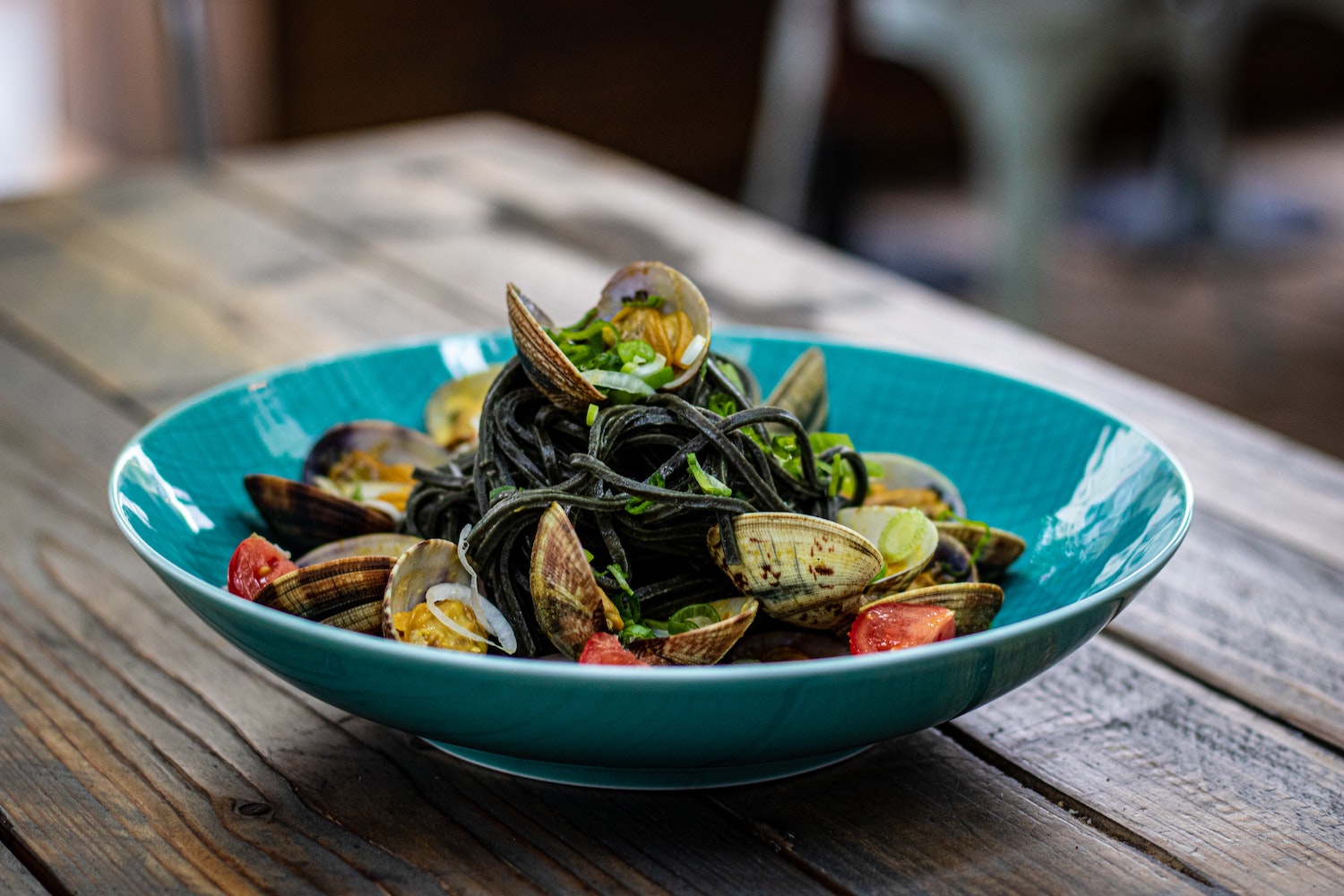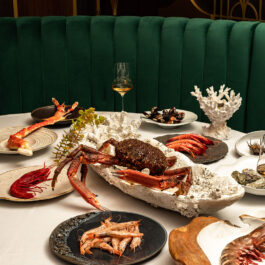Each month, American Express Essentials highlights one definitive literary work, old or new, and across any and all genres. The only determinant is quality: a book that makes life more vivid, more inspiring – a gifted piece of work you feel compelled to share. An absolute must-read.
Up this month is an astonishingly well-written page-turner: Andrea Camilleri’s The Snack Thief, the third instalment of the beloved Inspector Montalbano series.
A well-dressed businessman is found dead from a stab wound in the elevator of his apartment building. A fishing boat off the coast of Vigàta is intercepted and machine-gunned by a Tunisian patrol boat; a sailor is now dead. The same day, a beautiful and enigmatic Tunisian cleaning lady goes missing. The third entry in Andrea Camilleri’s Inspector Montalbano series starts off with a bang.
The plot of The Snack Thief is characteristically complex. As so often in Camilleri’s novels, many nuances are at play and different layers of mystery are at work. As every new subplot or character is introduced, the story becomes more and more captivating – a true page-turner.
But the core of the tale? Perhaps that credit goes to the characters, of which Inspector Montalbano, once again, takes first prize. A decidedly tough and gritty detective who also has a compassionate side, especially regarding victims and their grieving families, Montalbano stands as quite the contradictory character: a man who neglects his long-time girlfriend and who has no issue bending the law to fit his own moral compass, but who genuinely cares about those in need. A man whose behaviour towards the opposite sex is sometimes unsavoury – he even pockets some of the missing cleaning lady’s intimate photographs – who can be chauvinistic, insensitive and rude to his caring girlfriend, but who goes decidedly out of his way to help others.
Another redeeming aspect of his character – his relationship with his colleagues, for some of whom he harbours a fraternal love – is also revealed, such as in this exchange with Sergeant Fazio:
“‘I figured out what it was you wanted me to do, and I did it.’ Montalbano felt moved. This was real friendship, Sicilian friendship, the kind based on intuition, on what was left unsaid. With a true friend, one never needs to ask, because the other understands on his own and acts accordingly.”


Montalbano also has a severe passion for Italian cuisine, with some of the novel’s most engaging and entertaining passages dealing in his delight over different Italian (particularly Sicilian) dishes, which range from delicious-sounding squid ink pasta to all sorts of fish and seafood plates. Indeed, it might be advisable for readers to have a snack prior to cracking open The Snack Thief – Camilleri will have your tummy rumbling just from reading.
What’s more, the unequivocally southern Italian zest for good food present in the book might just be enough to draw in a certain type of reader: the armchair traveller. The descriptions of Sicilian cuisine contribute to a sense of a true Italian setting, enhanced by Camilleri’s descriptions of the fictional town of Vigata, a vivid character in itself.
Now, if readers are expecting The Snack Thief to be a classic whodunnit, they’ll be pleased to discover it is so much more than that. Firstly, Montalbano is a detective, sure, but one who is more concerned with the humans around him than with simple, straightforward crime-solving. Secondly, the inspector’s understanding of justice is less than traditional; Montalbano doesn’t necessarily bring culprits to (traditional) justice. And when he does, unlike what one would expect from a crime tale, it’s often just another part of the story, not the climax nor the expected ending. The otherwise important arrest of a murderous widow, for example, might even feel like an unimportant plot point when set into the whole of the tale and viewed from a distance.
A vigilante of sorts, Montalbano’s sense of decency and justice might clash with that of some readers, but one does begin to understand where he’s coming from. He has to constantly deal with corrupt institutions and politicians, as well as an incredibly slow and infuriating bureaucracy, and a society under the chokehold of the mafia. But he’s getting the real bad guys in check, right? Isn’t that all that matters?


Montalbano’s personal code of conduct is never more apparent than when we witness his efforts to save François – the title’s “snack thief”, labelled as such because he’s forced to steal other children’s school snacks when his mother goes missing, and he finds himself living in hiding and going hungry. The inspector jumps through the system’s hoops to secure the child’s safety and wellbeing, even going as far as securing his mother’s (illegal) gains to secure his future.
That being said, while Montalbano stands as the tale’s strong (and much-loved) protagonist, Camilleri excels at crafting each character to near perfection. Every single character has their own distinctive voice, two of which stand out as true scene-stealers: Livia, Montalbano’s girlfriend, and François, the adorable Tunisian snack thief. Both bring a sense of warmth to Montalbano’s life, and a sense of freshness to readers. We bet most readers will feel great affection at the passages featuring the child. It’s nearly impossible not to. Just as it’s nearly impossible not to sympathise with Livia, or admire her grit.
Is this book notable enough to consider its entry into the contemporary classics category? In the same league as Elena Ferrante, Benjamín Labatut, Anthony Doerr or Donna Tartt? In all honesty, perhaps not. It is, however, undeniably a classic of its genre and is most remarkable when viewing the series in its entirety. It is also more than a couple of steps above your everyday beach read or forgettable bestseller – all while remaining supremely enjoyable.
The Snack Thief might even be a great choice to get out of a reading slump without resorting to, shall we say, questionable reading material. Camilleri’s powers of world-building and description are rich, his prose is engaging and, most importantly – at least for a mystery writer – his sense of suspense and tension is superb. From cover to cover, there’s not a moment where one gets bored in The Snack Thief. The author knows how to draw the reader in, even when describing the most seemingly mundane scenarios or settings. This is Camilleri at his best.
Further Reading
If The Snack Thief leaves you hungry for more, and you’ve already run through all the Inspector Montalbano volumes (and watched the Montalbano TV show), you might want to reach for The Shape of Water, one of Camilleri’s most renowned pieces of work.
If, on the other hand, what you’re after is a captivating modern mystery, get your hands on Donna Tartt’s The Secret History, about a close-knit group of Classics students in the style of an inverted detective story – meaning you know who dies from the start, and the central question is: “How did this happen?” You might also enjoy Joël Dicker’s The Truth about the Harry Quebert Affair, a page-turner like no other, which has been translated into 32 languages.














Sorry, the comment form is closed at this time.